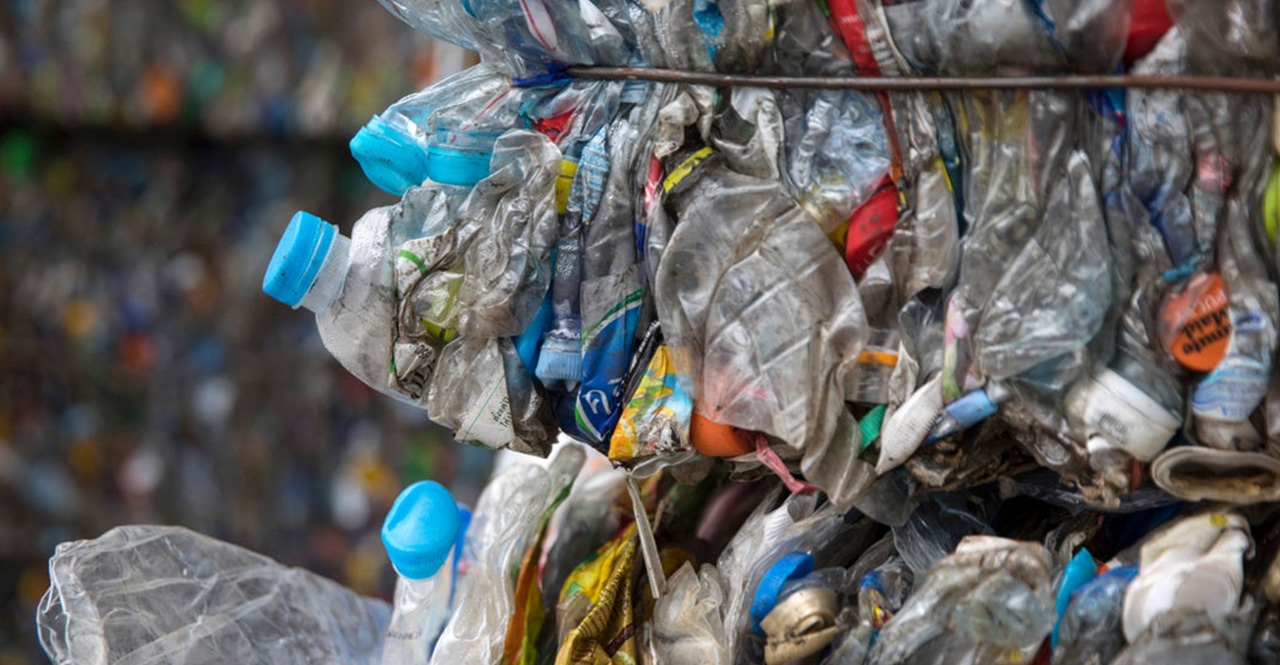Understanding the Impact of Reclaim Waste Melbourne on Your Industrial Waste Management
Understanding the Impact of Reclaim Waste Melbourne on Your Industrial Waste Management
Blog Article
Fostering Source Effectiveness and Environmental Management Via Fluid Waste Elimination Programs
In the world of ecological stewardship, the management of fluid waste stands as a vital time where source performance and ecological defense merge. With a lens of proactive interaction and calculated insight, the landscape of fluid waste monitoring introduces a tapestry of obstacles and opportunities that bid us to discover the course in the direction of a greener and even more lasting future.
Value of Fluid Waste Removal
The significance of fluid waste elimination lies in its vital function in preserving environmental health and safeguarding public well-being. Fluid waste, otherwise appropriately handled, can present major risks to communities, water sources, and human health. Through efficient elimination procedures, damaging compounds such as pathogens, toxins, and chemicals are avoided from contaminating the setting and triggering harmful results.
Proper fluid waste elimination also aids in stopping the spread of diseases and lowering the possibility for groundwater contamination. By safely throwing away fluid waste, the danger of waterborne ailments and pollution-related health and wellness problems is substantially reduced - Reclaim Waste liquid waste removal. Additionally, efficient removal methods add to keeping the overall sanitation and aesthetic appeals of areas, consequently boosting the high quality of life for citizens
Additionally, fluid waste elimination plays an important duty in supporting sustainable development and making certain compliance with ecological laws. By adhering to appropriate waste monitoring markets, methods and organizations can minimize their ecological footprint and demonstrate corporate obligation. Eventually, purchasing robust fluid waste elimination programs is essential for promoting environmental stewardship and fostering a healthier, safer future for all.

Advantages of Effective Disposal
Reliable disposal of fluid waste not just safeguards environmental health and public wellness however likewise yields numerous advantages that prolong beyond immediate control measures. Through procedures like reusing and energy recuperation, useful resources can be extracted from fluid waste, promoting sustainability and reducing the pressure on raw materials. Overall, the advantages of effective fluid waste disposal are diverse, incorporating environmental defense, resource performance, and financial benefits.
Technologies for Waste Therapy
Using innovative modern technologies for waste treatment plays an essential role in guaranteeing the effective management and secure disposal of fluid waste. Among the vital modern technologies utilized in fluid waste treatment is biological therapy. This technique utilizes microbes to damage down organic matter in the waste, transforming it right into harmless byproducts. An additional typical technology is chemical therapy, where chemicals are contributed to the waste to neutralize harmful parts or precipitate contaminations for removal. Physical therapy techniques, such as purification and sedimentation, are likewise widely utilized to divide solids from liquid waste.
Advanced oxidation procedures (AOPs) have gotten appeal for their capacity to deteriorate relentless organic contaminants in fluid waste through the generation of extremely responsive hydroxyl radicals. Membrane innovations like reverse osmosis and ultrafiltration are effective for dividing contaminants from fluid waste streams. In addition, thermal treatment methods such as incineration can be employed for the full devastation of dangerous elements in fluid waste. On the whole, the integration of diverse treatment modern technologies ensures eco friendly and extensive administration of liquid waste.
Role of Regulations and Compliance
In the world of liquid waste administration, adherence to governing frameworks and conformity standards is paramount for guarding environmental health and sustainability. Regulations play an important function in regulating the appropriate handling, treatment, and disposal of liquid waste to avoid harm to ecosystems and human health. By establishing clear guidelines and criteria, regulatory bodies ensure that organizations and people associated with fluid waste administration operate in an environmentally liable way.
Compliance with these regulations is not just a legal requirement yet additionally an honest obligation to shield the atmosphere for future and current generations. It includes implementing best techniques in waste collection, therapy, transport, and disposal to lessen environmental influence and promote source effectiveness. Non-compliance can result in penalties, legal activity, and reputational damage for companies, highlighting the relevance of maintaining regulatory requirements.

Future Fads in Waste Monitoring

An additional vital fad in waste administration is the adoption of advanced data analytics and expert system to maximize waste collection courses, enhance sorting processes, and boost general operational efficiency. These modern technologies make it possible for waste monitoring business to make data-driven decisions, bring about set you back savings and environmental advantages.
Additionally, there is a growing emphasis on the growth of decentralized waste monitoring systems, such as onsite therapy facilities and mobile waste processing units. These systems offer adaptability and scalability, permitting much more efficient waste handling in varied atmospheres.
Conclusion
In verdict, promoting resource performance and environmental protection with liquid waste elimination programs is important for sustainable advancement. Efficient disposal approaches, advanced modern technologies for waste treatment, and rigorous policies play key functions in minimizing ecological impact. Looking in advance, continuous advancement and improvement in waste administration techniques will be essential for addressing the expanding challenges of liquid garbage disposal.
In the More Help realm of environmental stewardship, the monitoring of liquid waste stands as a vital point where source efficiency and ecological defense converge (Liquid waste removal).Using innovative modern technologies for waste treatment plays a critical role in making sure the reliable management and safe disposal of liquid waste.In the world of fluid waste administration, adherence see this website to governing structures and compliance standards is vital for guarding ecological health and sustainability.In conclusion, promoting source performance and ecological defense through liquid waste removal programs is essential for sustainable advancement. Looking ahead, constant technology and renovation in waste monitoring techniques will certainly be essential for addressing the growing obstacles of liquid waste disposal
Report this page